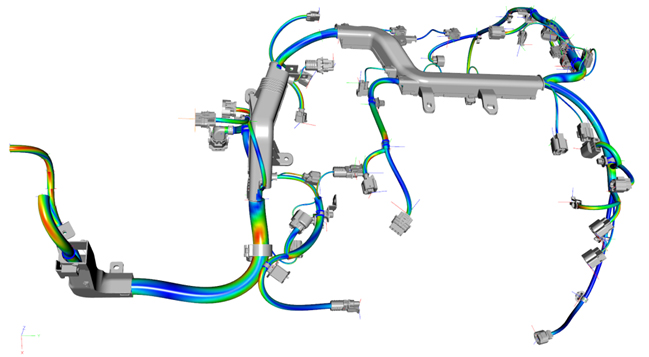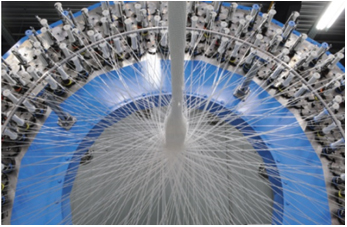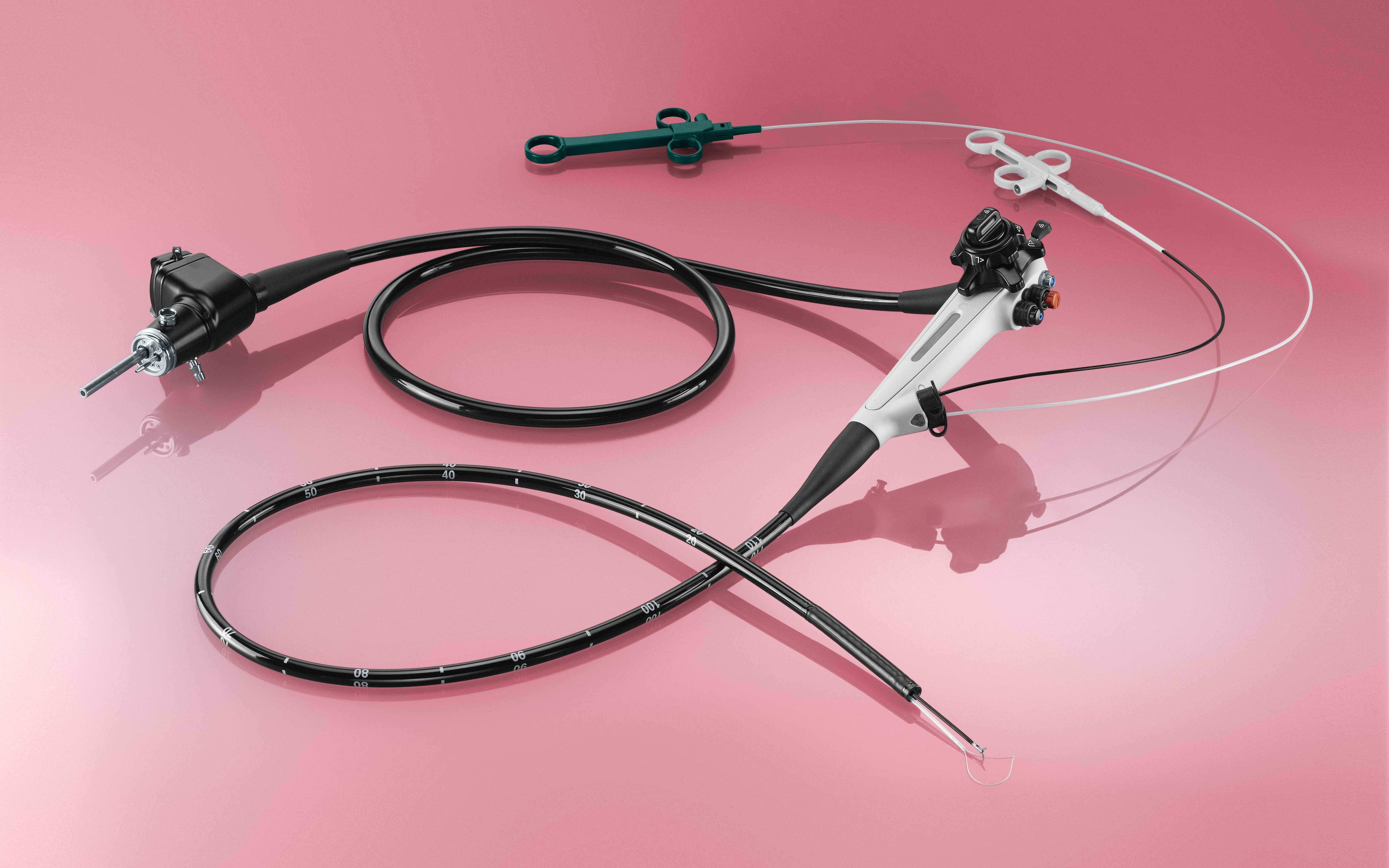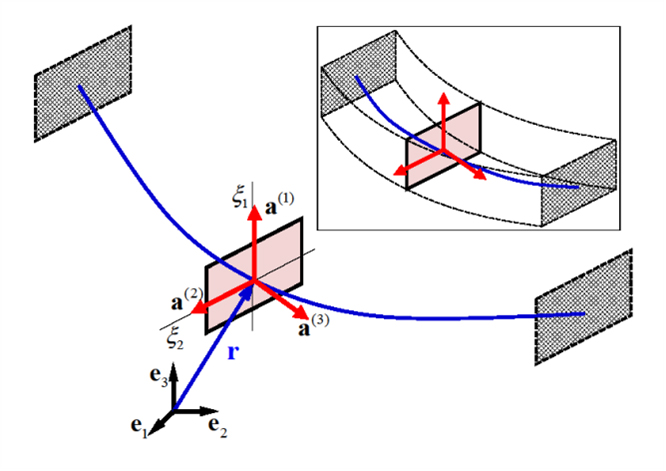Within the framework of the EU-funded doctoral student network «THREAD – Joint Training on Numerical Modelling of Highly Flexible Structures for Industrial Applications», a total of 14 young researchers are working at twelve universities and research institutions from eight European countries. Over the next four years, the EU will provide €3.6 million in funding for 14 doctoral positions and a very special training environment.
The Institute of Mathematics at Martin Luther University Halle-Wittenberg (MLU) coordinates the THREAD PhD network. Our institute is a central part of this network. Dr.-Ing. Joachim Linn from our division »Mathematics for Vehicle Engineering« played a decisive role in the conception of THREAD and the composition of the consortium.
The research projects focus on the question of how thin, flexible structures such as ropes, cable bundles or hoses can be better modelled and simulated on the computer in the future. The application spectrum of the simulation models developed ranges from cable cars for ski lifts and cable harnesses in automotive engineering to medical endoscopes or hoses for maritime applications, for example on drilling platforms.






